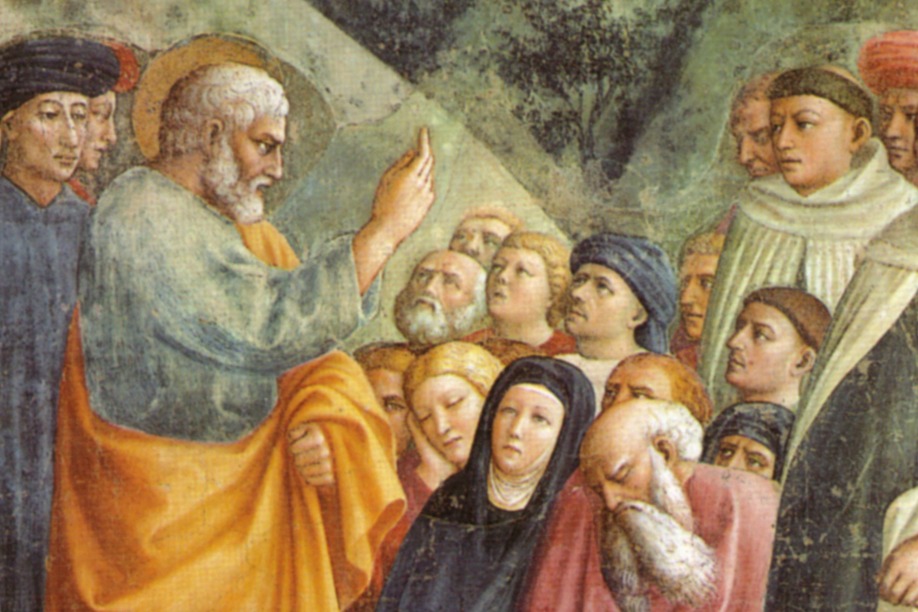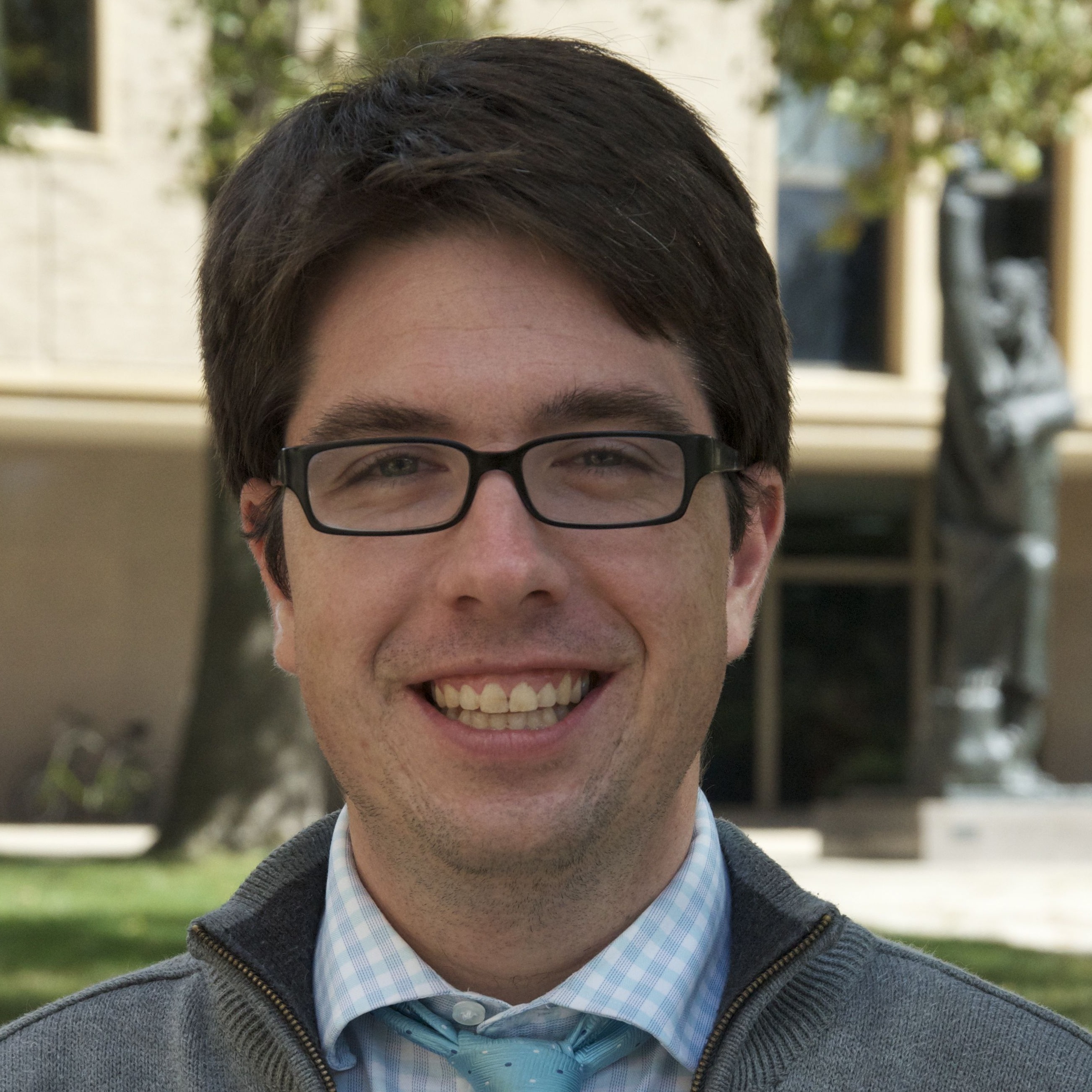Jesus, in the Gospel of John, shows that he is the supremely masterful teacher. In the final hours before he goes to his death, Jesus speaks to his disciples. Unlike the mere human teacher, Christ comes to give vivifying words. Words that are the very presence of the Word made flesh: “Whoever loves me will keep my word, and my Father will love him, and we will come to him and make our dwelling with him” (Jn 14:23). To love Christ, even if we cannot see him before us, is to dwell in union with the Father. It to have God present among us.
As the Church turns to celebrate the feasts of the Ascension and Pentecost, we begin to contemplate this new presence. Christ will not dwell with us as he did with Peter, John, and James. But he will send to us, the scattered remnant of Israel, the Holy Spirit who “will teach you everything and remind you of all that I told you” (Jn 14:26). In one sense, the Teacher leaves us, no longer visible to our eyes. He is present in the Eucharist but only those who have eyes of faith may see.
On the other hand, Jesus is even more present to us than he was before. Through his Holy Spirit, God dwells with us as part of our very beings: “I will not leave you orphans; I will come to you . . . you will see me, because I live and you will live” (Jn 14:18–19). Those of us baptized into Christ, as Paul says, “must think of yourselves as [being] dead to sin and living for God in Christ Jesus” (Rom 6:11). We live in Christ. His Spirit is ours.
Of course, this Spirit is not always easy to discern. In the Acts of the Apostles, we encounter an early conflict in the Church. Some, including many of the Apostles, think circumcision is necessary before Baptism. Others, including Barnabas and Paul, Apostles to the Gentiles, proclaim, “It is the decision of the Holy Spirit and of us not to place on you [Gentiles] any burden beyond these necessities. . .” (Acts 15:28). What to do?
Surely, for a moment, they must have longed for the presence of Christ among them to forestall this conflict. They must have hoped that the risen Lord would appear once more, telling them the right answer. And, of course, he does. Christ appears. He makes his teaching presence known again, through the Spirit. Through his Church. Through love.
Christ is the Good Teacher. And what he has taught is not a series of moral maxims or abstract doctrines but the love of God now dwelling in our hearts. The French poet, Charles Péguy, writes that the vocation of the human heart is
To keep alive the words of life,
To nourish with our blood, with our flesh, with our heart
The words which, without us, would collapse fleshless.
The Holy Spirit re-vivifies Christ’s saving word in the context of the Mass and even in the midst of ecclesial conflict. Still, we know we remain in this Spirit when we love the Father, just as Christ did. When we love each other, just as Christ loved us. Then, we can really discern what the will of God is. We can discern as those who know what to do because we walk in the light of the Lamb (cf. Rev 21:23).
We still have a teacher. We still have the Teacher. We just need to listen in love, in prayer, for the voice that still resounds. The voice that wants to speak again through us.
![]()
This article originally appeared in Our Sunday Visitor: Newsweekly on April 20, 2016 and is reproduced here with the permission of the publisher.
Featured Image: Masolino da Panicale (1383–1447?), St. Peter Preaching (ca. 1427); courtesy of Wikimedia Commons.



